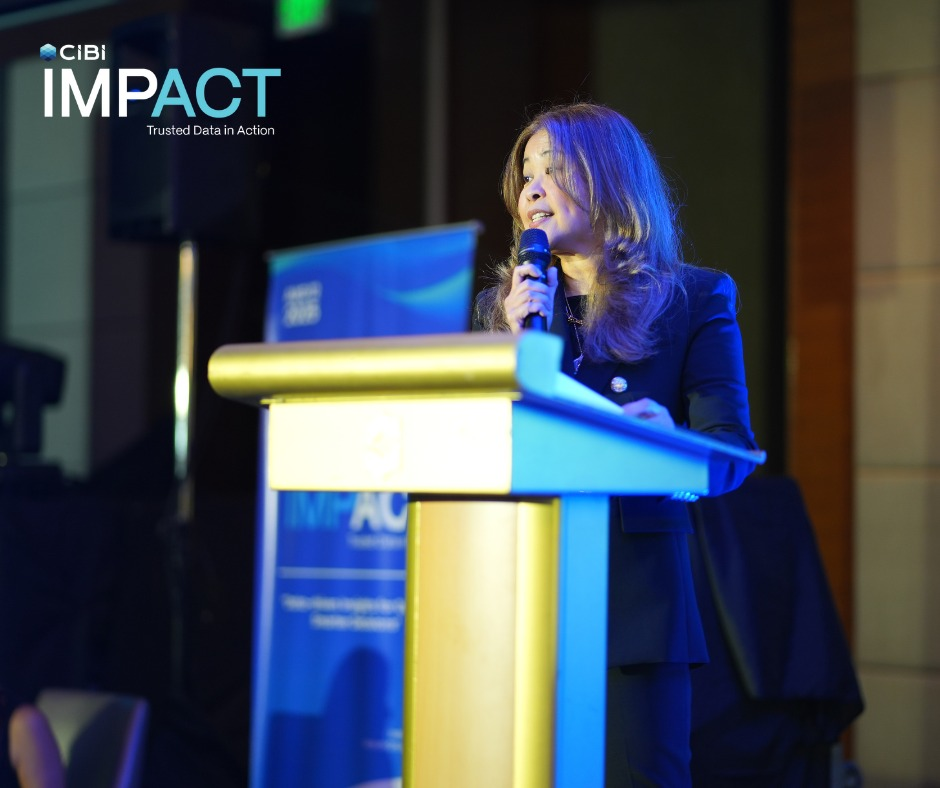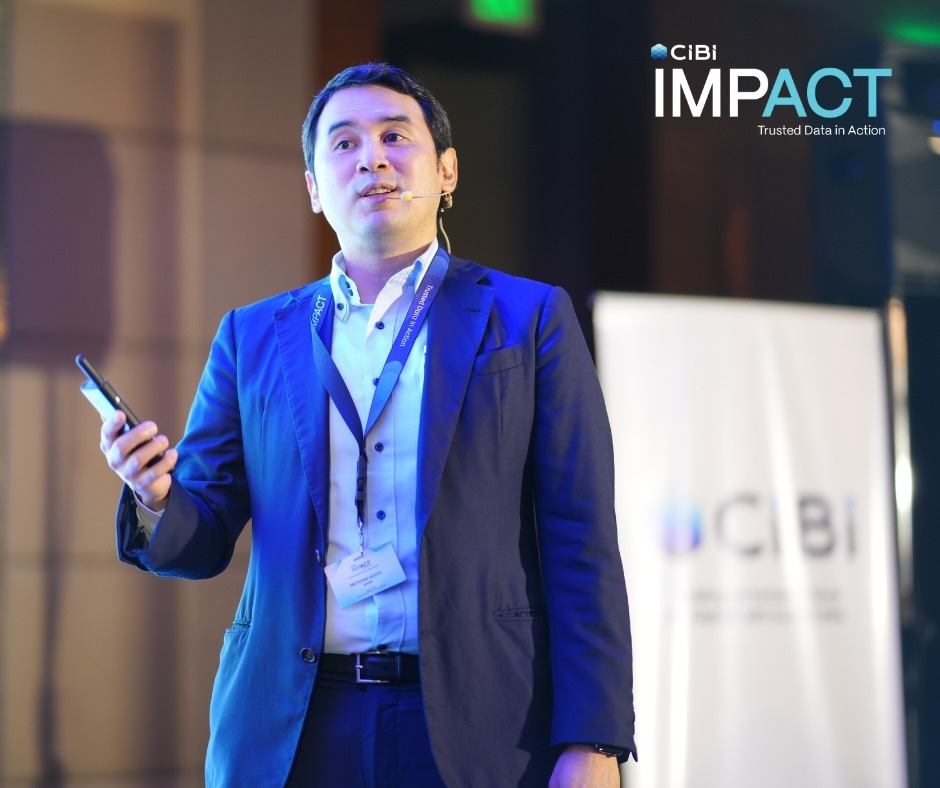The Philippine economy remains poised for solid growth, buoyed by two powerful domestic engines: robust remittances and a thriving services sector. This was the core message delivered by Metrobank‘s Chief Economist and Market Strategist Nicholas Mapa during his presentation at the CIBI Impact 2025 summit.
Hosted by CIBI Information, Inc., the country’s first and only local credit bureau, the event brought together over 150 regulators, executives, and partners to confront the persistent “trust gap” in the credit landscape and chart a path toward greater financial inclusion.
In her welcome remarks, CIBI President and CEO Pia Arellano underscored the central tension facing the nation’s financial system. She noted that while consumer demand for financing is climbing fast, progress is hindered by limited access to services, insufficient data, and high delinquency rates.
“It’s a tale of two realities,” she said, “a booming digital economy and a system still struggling to keep up with the people it’s meant to serve.” This sets the stage for the summit’s theme: that the future of Philippine credit hinges on trusted data and cross-sector collaboration.
Navigating global headwinds and finding a “backup plan”

Nicholas Mapa, Metrobank’s Chief Economist and Market Strategist
Mapa’s presentation, titled “It Takes Two to Tango: Learning to Dance to the Tariff Rhythm,” provided a crucial macroeconomic backdrop for the summit. He began by highlighting the potential impact of a recent U.S. trade decision to impose 100% tariffs on a significant portion of Philippine exports. The presentation, he noted, covered five key calls for the Philippine economy.
“Just last Thursday, this guy decided to put 100% tariffs on about 50% of our exports to the U.S.,” Mapa stated, referring to a recent tweet from Donald Trump.
He explained that Philippine exports of electronic products to the U.S. were previously exempt due to the CHIPS Act, but “because Donald Trump tweeted something, now it’s 100%.”
Mapa underscored the vulnerability of the country’s electronics sector, noting it’s about US$6 billion in exports, a substantial figure that could suddenly “disappear from the face of the earth.” This, he warned, could lead to “a whole lot of jobs” being implicated by the U.S. tariff war.

Despite this external threat, Mapa offered a powerful “backup plan” that has consistently supported the Philippine economy. He emphasized the remarkable stability of remittances, which come in “at a pace of about US$2.7 billion every month, like clockwork.”
He also pointed to the COVID-19 pandemic as a perfect example of their resilience, noting that even during a global recession and a lockdown, remittances continued to flow at the same rate. Another key buffer, he noted, is the country’s thriving business process outsourcing (BPO) industry.
Mapa’s analysis transitioned to the primary driver of the Philippines’ economic progress: its strong domestic performance. He highlighted his call for GDP to gain on agriculture recovery, projecting that the country will achieve a “decent growth… about 5.5 or 5.6 percent” this year, with the services sector acting as the primary engine.
“The main driver of GDP growth is the services sector,” Mapa explained, pointing out that the Philippines is a “60 percent services sector economy.” You can learn more about how the Philippine economy is faring in a video with Metrobank’s Nicholas Mapa weighing in on GDP.
The power of data and collaboration
Following Mapa’s talk, the summit returned to the heart of its mission: the trust gap.
Arellano’s opening remarks, reinforced by subsequent speakers, highlighted the stark reality that nearly half of all Filipinos remain unbanked, with only 1% of loan applications approved due to a lack of data. Misinformation and fragmented records create a vicious cycle that makes lenders cautious and borrowers underserved.

CIBI President and CEO Pia Arellano delivering her speech at the summit
The path out of this cycle, as Arellano and other CIBI leaders emphasized, isn’t just about having more data; it’s about having trusted data. With quality data, companies can make decisions 30% faster and increase profitability by a solid 19%. This kind of transparency builds stronger relationships, lowers risk, and is, as Arellano noted, the very foundation of financial inclusion.
No single entity can solve these systemic issues alone. The summit showcased a powerful theme of collaboration, bringing together regulators, financial institutions, and fintechs to share insights and solutions.
In her closing remarks, Arellano reaffirmed the bureau’s critical mission, announcing new initiatives like the Fraud Bureau and the CIBI Advanced Tier platform to build greater transparency and trust into the system.
She concluded by emphasizing that CIBI’s mission is to “innovate and collaborate so that trust in data keeps pace with demand — because only then can we build a future where no Filipino is left behind.”
This blend of macroeconomic foresight from Mapa and the grounded, strategic vision from Arellano’s remarks painted a clear picture for the summit attendees: the Philippines’ impressive growth, driven by its resilient services sector, can only be fully realized if the foundational issues of data trust and financial inclusion are addressed head-on.






